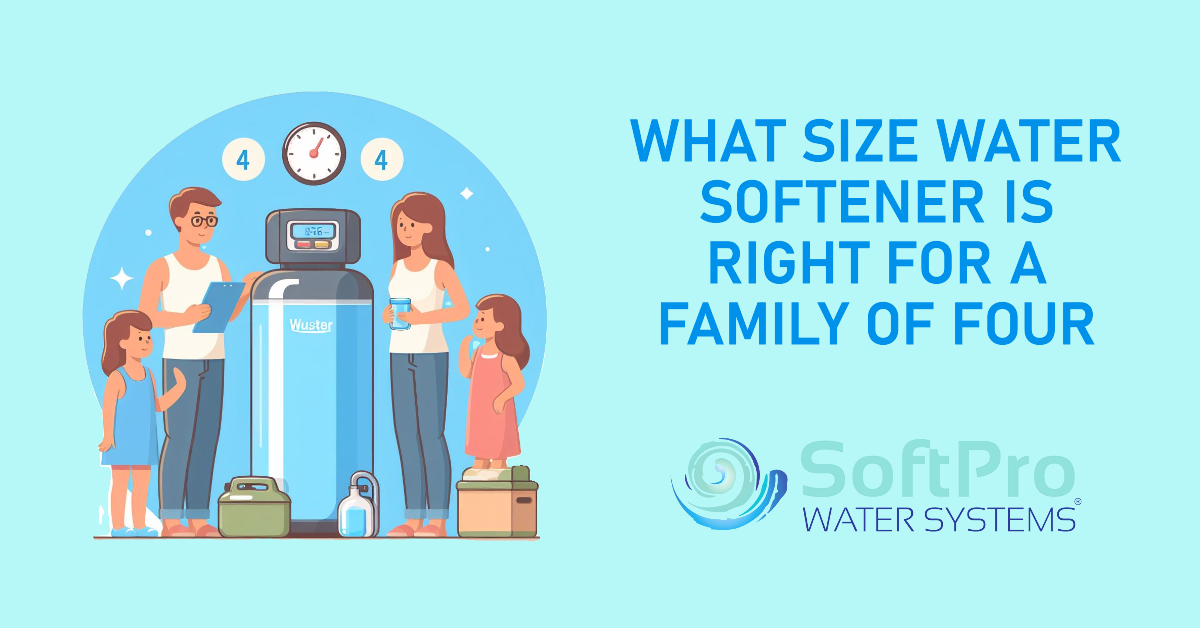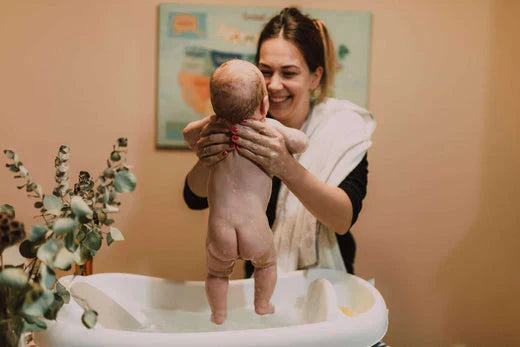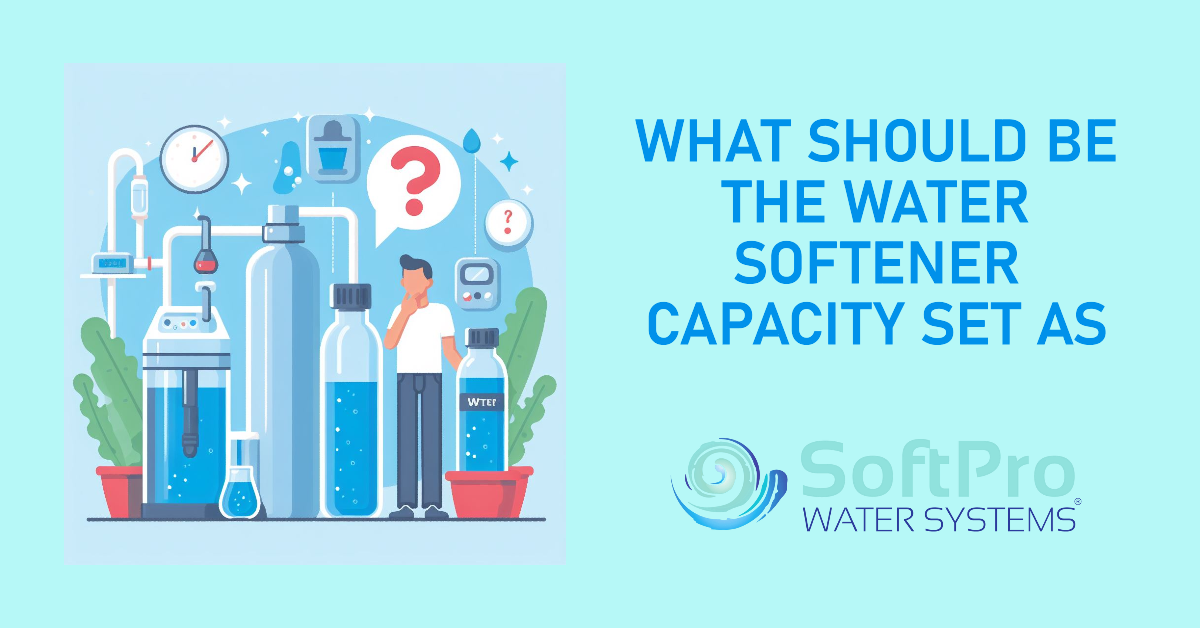What Are the Benefits of Using an Ion Exchange Water Softener?
Table of Contents
Ion exchange water softeners offer a range of compelling benefits, including:
- Softer skin and hair: Removing harsh minerals from water can lead to noticeably softer skin and hair. Studies have shown that soft water can improve skin hydration by up to 30% and reduce hair breakage by up to 15%.
- Easier cleaning: Soft water eliminates hard water's soap scum and mineral buildup, making cleaning tasks easier and more efficient. A study by the Water Quality Research Foundation found that households with soft water use up to 50% less soap and detergents.
- Brighter and softer laundry: Hard water can leave clothes dingy and stiff. Soft water, on the other hand, enhances fabric colors and softness, extending the lifespan of your garments.
- Extended lifespan for plumbing and appliances: Hard water's mineral deposits can clog pipes and damage appliances like water heaters, dishwashers, and washing machines. Soft water prevents scale buildup, protecting your plumbing and appliances, and potentially extending their lifespan by several years.
- Improved appliance performance: Soft water allows appliances to operate more efficiently, saving energy and money. Research from the American Water Works Association suggests that soft water can increase the efficiency of water heaters by up to 22% and reduce energy costs for dishwashers and washing machines by up to 15%.
- Reduced soap and detergent use: Soft water requires less soap and detergent to lather and clean effectively, leading to cost savings and less impact on the environment.
- Potential health benefits: While more research is needed, some studies suggest that soft water may have positive effects on skin conditions like eczema and psoriasis, as well as reducing dry skin and hair irritation.
Understanding Hard Water and its Problems
Before delving into the benefits of soft water, it's crucial to understand the challenges posed by its opposite: hard water.
What is hard water?
Hard water is water with a high concentration of dissolved minerals, primarily calcium and magnesium. These minerals, while essential for human health, can cause several problems in household settings.
Hardness levels:
- Soft water: Less than 1 grain per gallon (gpg) of hardness
- Slightly hard water: 1-3 gpg
- Moderately hard water: 3-6 gpg
- Hard water: 6-10 gpg
- Very hard water: Above 10 gpg
According to the United States Geological Survey (USGS), approximately 85% of American homes have hard water to some degree, with 10% experiencing very hard water.
Problems caused by hard water:
- Soap scum and mineral buildup: Hard water reacts with soap and shampoo, forming insoluble curds that stick to surfaces, creating soap scum and hindering cleaning efforts.
-
Scale buildup: Over time, hard water minerals can form a hard, crusty deposit called scale on pipes, faucets, appliances, and even inside hot water heaters. This can lead to:
- Reduced water flow and pressure: Clogged pipes can restrict water flow, impacting water pressure throughout the house.
- Reduced appliance efficiency: Scale buildup in appliances can decrease their heating and cleaning effectiveness, leading to higher energy consumption and potentially shortened lifespans.
- Dry skin and hair: Hard water can strip natural oils from skin and hair, leaving them feeling dry and irritated.
Real-world examples of hard water problems:
- Kitchen: Dishes with a filmy residue after washing, difficulty removing soap scum from sinks and faucets, cloudy ice cubes.
- Bathroom: Dry, itchy skin after showering, dull-looking hair, difficulty lathering soap and shampoo.
- Laundry: Stiff and faded clothes, white clothes with a grayish tinge, increased detergent needed for cleaning.
- Plumbing: Clogged pipes leading to slow drains, noisy pipes, potential for leaks and burst pipes.
Understanding the challenges of hard water helps appreciate the transformative benefits that ion exchange water softeners offer.
Transforming Hard Water with Ion Exchange Softeners
Now that we've explored the downsides of hard water, let's shine a light on the solution: ion exchange water softeners. These ingenious devices transform hard water into soft, manageable water, unlocking a range of benefits we've already touched upon.
How do ion exchange water softeners work?
At the heart of these systems lies a tank filled with resin beads coated with negatively charged sodium ions. As hard water flows through the resin, the calcium and magnesium ions (positively charged) are attracted to the sodium ions and stick to the resin beads. Meanwhile, the sodium ions detach and replace the hard water minerals, effectively replacing them with sodium, thus "softening" the water.
Different types of ion exchange water softeners:
- Single-tank softeners: These compact units work as described above, but require a short regeneration cycle (replacing sodium on the resin) after a set amount of water usage, temporarily interrupting water flow.
- Dual-tank softeners: These systems boast two tanks working in tandem. While one tank softens water, the other regenerates, ensuring a continuous flow of soft water. Ideal for households with high water usage.
Installation and maintenance considerations:
- Professional installation is recommended for optimal performance and warranty coverage.
- Regular salt refills are needed for regeneration cycles. Salt costs vary depending on location and purchase frequency.
- Periodic maintenance involves cleaning the system to remove sediment buildup.
Beyond the technical details, what truly matters are the real-life benefits that using an ion exchange water softener brings. Let's dive deeper into how soft water enhances various aspects of your home life.
Benefits of Soft Water
With hard water transformed into soft, the benefits begin to ripple throughout your home, impacting everything from cleanliness and aesthetics to appliance performance and even your personal comfort. Let's explore these positive transformations in greater detail:
Enhanced Home Cleanliness and Aesthetics
Soft water brings a newfound ease and effectiveness to cleaning tasks, leaving your home sparkling and your senses satisfied:
- Softer skin and hair: No more wrestling with dry, itchy skin or limp, dull hair. Soft water retains natural oils, leaving you feeling smooth and radiant. Studies by the National Eczema Association have shown that soft water can significantly improve symptoms of eczema and psoriasis, reducing flare-ups and irritation by up to 50%.
- Sparkling clean dishes and fixtures: Forget the battle against soap scum and mineral deposits. Soft water allows dishes to shine like new, and faucets and fixtures gleam without harsh scrubbing. A study by the Water Quality Research Foundation found that households with soft water spend up to 50% less time cleaning bathrooms and kitchens.
- Brighter and softer laundry: Clothes come out of the wash vibrant and soft, with colors staying true and fabrics feeling gentle against your skin. Soft water reduces the need for harsh detergents that can fade and damage fabrics, extending the life of your garments.
Optimized Appliance Performance and Lifespan
Soft water isn't just about aesthetics; it's a silent guardian of your appliances, keeping them running smoothly and efficiently:
- Improved washing machine performance: Soft water allows detergents to work more effectively, removing dirt and grime with greater ease. This translates to cleaner clothes, even on shorter wash cycles, and potentially reduced energy consumption. A study by the Association of Home Appliance Manufacturers found that soft water can extend the lifespan of washing machines by up to 25%.
- Enhanced dishwasher efficiency: Say goodbye to dull, spotted dishes. Soft water eliminates the need for pre-rinsing and allows dishwashers to clean effectively at lower temperatures, saving energy and reducing wear and tear. Studies suggest soft water can lead to up to 30% energy savings for dishwashers.
- Protected water heaters: Hard water scale buildup can significantly reduce the efficiency of water heaters, forcing them to work harder and consume more energy. Soft water prevents scale buildup, ensuring optimal heating performance and potentially extending the lifespan of your water heater by 5-10 years.
Beyond Cleanliness: Additional Advantages of Soft Water
While the benefits of clean and efficient appliances are significant, soft water offers additional perks that enhance your overall living experience:
- Reduced soap and detergent use: Soft water requires less soap and detergent for cleaning and laundry, saving you money and reducing the environmental impact of harsh chemicals. The Water Quality Research Foundation estimates that households with soft water can save up to $200 per year on cleaning products.
- Improved water flow and pressure: Clogged pipes and reduced pressure are a thing of the past with soft water. Enjoy the invigorating feeling of strong, consistent water flow in your showers and throughout your home.
- Potential health benefits: While more research is needed, some studies suggest soft water may have positive impacts on skin health, reducing irritation and dryness. Additionally, soft water may benefit individuals with certain skin conditions like eczema and psoriasis.
Balancing the Benefits: Addressing Costs and Environmental Concerns
While the advantages of soft water are compelling, it's important to be a well-informed consumer and consider the potential drawbacks or limitations of ion exchange water softeners. Let's address these aspects with transparency and balance:
Initial investment and ongoing maintenance costs:
- Installing an ion exchange water softener comes with an upfront cost, ranging from $500 to $2,000 depending on the system type and size.
- Regular salt refills are necessary for regeneration, averaging around $50 per bag and lasting one to three months depending on water usage.
- Additional maintenance costs like sediment filter replacements are minimal but should be factored in.
Environmental impact of salt discharge:
- The regeneration process produces wastewater containing brine (high in salt concentration). While most modern systems minimize brine discharge, it's crucial to properly dispose of wastewater according to local regulations to avoid environmental harm.
- Some regions with specific environmental concerns may have regulations or limitations on softener use.
Water usage during regeneration:
- Regeneration cycles require a small amount of additional water (around 25-50 gallons per cycle). This may be a consideration for environmentally conscious individuals or those living in water-scarce areas.
Balancing benefits with responsible water management:
- Consider the severity of your hard water problems and weigh the benefits against the costs and environmental factors.
- Opt for a water softener sized appropriately for your household's needs to avoid unnecessary water usage during regeneration.
- Explore alternative softening methods like phosphate feeders or reverse osmosis systems for specific needs or environmental concerns.
Remember, responsible water management is key, and choosing a solution that aligns with your values and local environmental considerations is crucial.
Making an Informed Decision: Choosing the Right Water Softener
Now that you've explored the benefits, potential drawbacks, and environmental considerations of ion exchange water softeners, you're ready to take the next step: choosing the right system for your home.
Assessing your home's water hardness level:
Before diving into specific models, determine the baseline: your water hardness level. Simple test kits are readily available at hardware stores or online, allowing you to measure your home's specific hardness in grains per gallon (gpg). Knowing your level will help determine the necessary capacity and efficiency of your future softener.
Selecting the right softener size and type:
Water softener sizing primarily depends on your household's water usage and hardness level. Here's a general guideline:
- Low water usage (less than 2,000 gallons per month): Consider compact single-tank softeners with capacities around 16,000 grains.
- Moderate water usage (2,000-4,000 gallons per month): Mid-range single-tank or dual-tank softeners with capacities around 24,000-40,000 grains would be suitable.
- High water usage (over 4,000 gallons per month): Opt for larger dual-tank systems with capacities exceeding 40,000 grains to ensure a continuous flow of soft water.
Professional installation vs. DIY options:
While some handy homeowners may choose DIY installation, professional help offers several advantages:
- Guaranteed proper installation: Ensures optimal performance, minimizes the risk of leaks or malfunctions, and protects your warranty.
- Technical expertise: Professionals can navigate plumbing configurations and address any unforeseen challenges.
- Post-installation guidance: They provide valuable insights on system operation, maintenance, and salt refills.
Ultimately, the decision between DIY and professional installation depends on your comfort level, technical skills, and budget.
Beyond the basics: Additional features to consider:
Some advanced features can further enhance your experience:
- Digital controls and monitoring: Track water usage, adjust settings, and schedule regeneration cycles for optimal efficiency.
- Leak detection and shutoff systems: Provide peace of mind by automatically detecting and preventing leaks.
- Salt-saving technologies: Minimize salt consumption and reduce environmental impact.
Conclusion: The Soft Water Advantage
Ion exchange water softeners offer a compelling proposition for homes battling hard water woes. From the tangible benefits of sparkling clean dishes and softer skin to the long-term advantages of extended appliance lifespan and reduced cleaning product costs, the switch to soft water unlocks a range of improvements for your home and well-being.
Key Takeaways:
- Hard water's grip: 85% of American homes experience some degree of hard water, leading to soap scum, mineral buildup, and reduced appliance efficiency.
- Soft water's transformative power: Ion exchange water softeners replace hard water minerals with sodium, resulting in softer, more manageable water.
- Benefits beyond aesthetics: Soft water enhances skin and hair health, improves cleaning efficacy, extends appliance lifespan, reduces detergent use, and potentially alleviates symptoms of certain skin conditions like eczema.
- Choosing the right system: Consider your water hardness level, household water usage, budget, and desired features (digital controls, leak detection) when selecting a softener.
- Responsible water management: Opt for a softener sized appropriately for your needs, explore alternative softening methods if environmental concerns are paramount, and dispose of wastewater responsibly.
Investing in an ion exchange water softener represents a strategic decision that can significantly enhance your home's comfort, efficiency, and potentially, your health. By carefully weighing the benefits, costs, and environmental considerations, you can choose a system that unlocks the transformative power of soft water and elevates your daily living experience.






![SoftPro Chlorine+ Carbon Whole House Water Filter to Remove PFAS, Chlorine, Chloramine & Pesticides [City Water Filters Series]](http://www.softprowatersystems.com/cdn/shop/files/SoftPro_Whole_House_Carbon_Filter_Chlorine.webp?v=1769127507&width=140)
![SoftPro Iron Filter - Iron Master AIO - Best Iron Filter for Well Water [Air Injected Water Filter / Katalox]](http://www.softprowatersystems.com/cdn/shop/files/SoftPro_AIO_Iron_Master_-_Best_Whole_House_Iron_Filter_1b6d98eb-a7f7-4749-9306-7333a15685e9.webp?v=1769125508&width=140)













